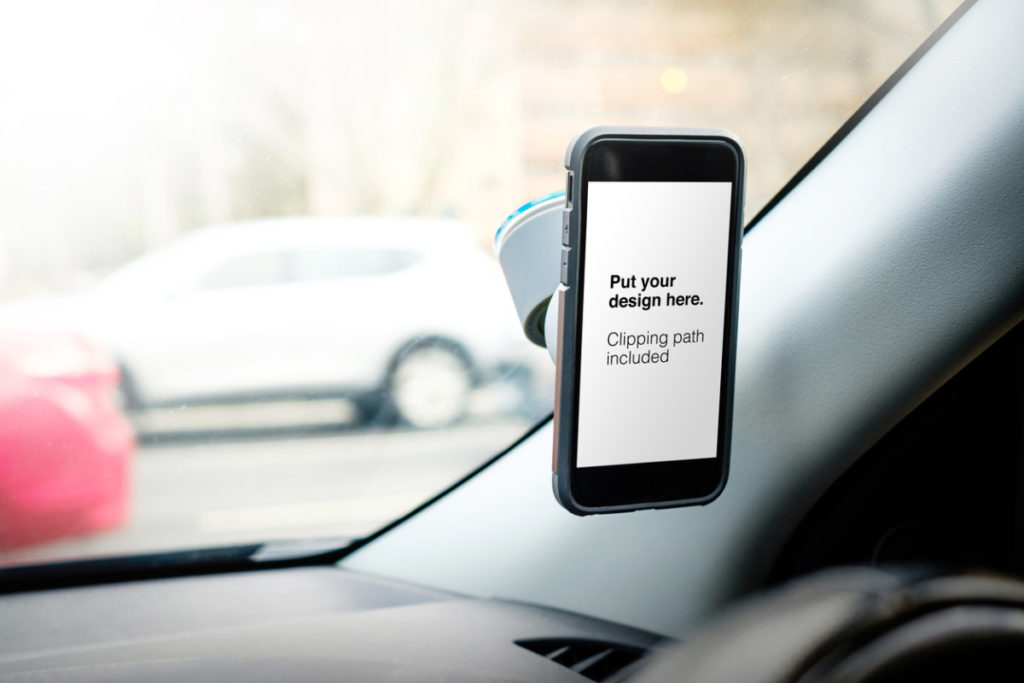When states started implementing bans on cell phone use while driving, auto manufacturers responded by equipping their vehicles with hands-free capabilities. Although the concept is sound in theory, the National Safety Council (NSC) wants to remind drivers that hands-free does not equal risk-free.

At the end of the day, manual distractions are just one kind of driving distraction. Since using a hands-free device behind the wheel still poses visual and cognitive distractions, motorists who do so are still at risk of causing a collision.
If you sustained injuries in a crash with a distracted driver, turn to Ballard Law, PLLC. William E. Ballard will evaluate your case to determine if you have grounds for a claim. Call 769-572-5111 to schedule a free consultation with a car wreck lawyer in Madison.
Do Hands-Free Devices Really Improve Driver Safety?
According to the NSC, there are several potential dangers of using a hands-free device while driving. Devices that pose a safety risk to everyone on the road include earpieces, dashboard systems, and phones with speakerphone capabilities.
Driving is a demanding task, and focusing on something as simple as a conversation can reduce reaction time considerably. Although the brain can toggle between two different tasks fairly effectively, it cannot actually multitask, or complete two tasks at once.
That means as long as you are focusing on what someone else is saying, you are not concentrating on the traffic around you. In fact, the NSC reports that drivers who are talking on a cell phone in any capacity experience a kind of tunnel vision and can actually miss up to 50 percent of their surroundings simply because they are focusing on something else.
Researchers have also found that certain advancements in hands-free technology, like voice-to-text, are more harmful than helpful and can be more distracting than typing out messages manually.
Perhaps surprisingly, talking to passengers who are physically in the vehicle is not comparable to holding a phone conversation on a hands-free device. Adult passengers offer another set of eyes and can point out hazards that the driver may otherwise miss. They can also recognize when traffic becomes challenging and will stop talking so the driver can focus.
Listening to audio books and podcasts might be slightly less dangerous than holding a phone conversation because it is a passive activity that does not require a back-and-forth engagement. To ensure you reach your destination safely, though, it is best to keep all cognitive distractions to a minimum.
Unfortunately, you cannot rely on the drivers in traffic around you to do the same. If you were hurt in a collision with a distracted driver, turn to Ballard Law, PLLC. Mr. Ballard will help you fight for the maximum settlement, and if your case goes to trial, he has the litigation experience and resources to represent your interests in court.
Contact us online or call 769-572-5111 to schedule a free case evaluation with a car wreck attorney in Madison. You can learn more about accident claims in Mississippi by visiting the USAttorneys website.

